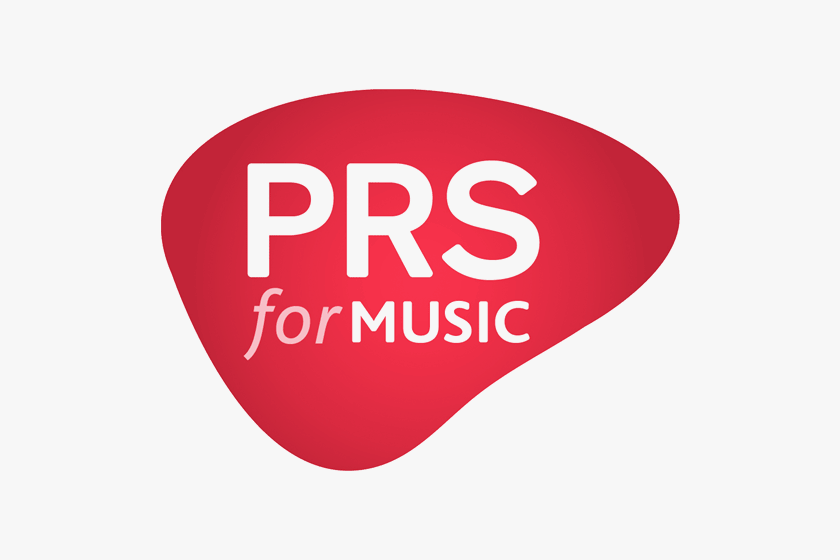PRS press release: PRS for Music celebrates digital success

To view the original press release on PRS’ website, please click here.
- PRS for Music processed over 4 trillion performances of music in 2016, an increase of 80% YoY
- Record number of members paid as society continues to invest in technology for the digital age
PRS for Music has released its distribution data figures for 2016, a year that saw the company process over four trillion uses of music.
The music licensing organisation, which represents the rights of more than 124,000 music creators in the UK and two million creators worldwide, saw an 80% increase in the amount of music usage data it processed, compared to just under 2.4 trillion in 2015.
Investing heavily in its technology and more efficient methods to meet the increasing demands of the digital era, PRS for Music paid an all-time record number of members, (songwriters, composers and music publishers), up 33% compared to 2015.
Graham Davies, Director of Strategy, PRS for Music said: “Our strength in handling massive data volumes means we can increase the number of songs and compositions we pay. Last year we paid over 4 million musical works which was a 45% increase on 2015. This has been possible because of our strategy: investing in technology, establishing shared industry platforms such as ICE, and improving data quality. We are committed to pushing further and further into the ‘long-tail’ of lower value performance to maximise payments to all our members. These results demonstrate our efforts are paying off.”
Today’s news follows PRS for Music’s recent PRS Explores: Big Data event, which took place on Wednesday 1 February at the company’s Kings Cross headquarters. Speakers included Matt Fenby-Taylor (SoundCloud), Yuri Dokter (DJ Monitor), Mark Vermaat (Soundmouse) and Helienne Lindvall (Auddly), Mark Isherwood, (Rightscom),Pete Bradbury (SKY), and Matt Phipps-Taylor (PPL).
Over two panels, moderated by PRS’ Graham Davies, the event explored changes in the management of data across the global music industry, key initiatives, the role of technology intermediaries, and what we should expect for the future volumes of music consumption.
